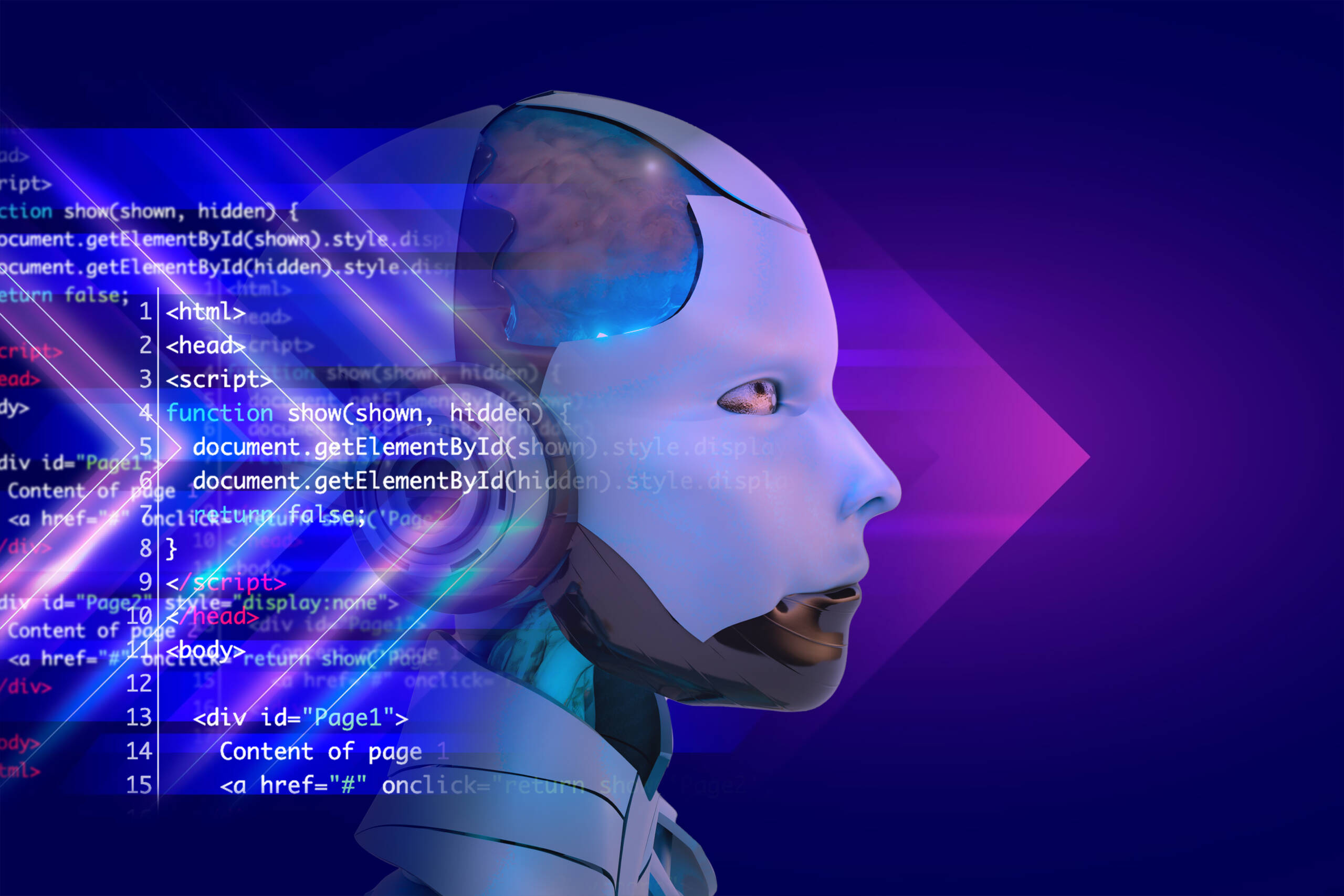
The advent of Artificial Intelligence (AI) has been a game-changer across numerous industries, and web development is no exception. As the demand for more dynamic, user-friendly, and intelligent websites grows, AI technologies are increasingly being integrated into web development processes. This article explores how AI is transforming web development and what it means for the future of the web.
Enhancing User Experience
One of the most significant contributions of AI in web development is the enhancement of user experience. AI-powered tools analyze user behavior and preferences, enabling the creation of personalized web experiences. For instance, AI algorithms can recommend products, articles, or services based on a user’s past interactions and browsing history, making websites more engaging and relevant.
Streamlining Development Processes
AI is streamlining web development processes by automating repetitive tasks, allowing developers to focus on more complex and creative aspects of their projects. Tools like AI-based code generators and frameworks can automatically write code snippets, debug errors, and even test applications. This not only speeds up development but also reduces the likelihood of human error, leading to more robust and efficient web applications.
Intelligent Design Assistance
Designing a website that is both aesthetically pleasing and functional can be challenging. AI-powered design tools are assisting designers by suggesting layouts, color schemes, and design elements that are likely to resonate with users. These tools analyze vast amounts of data from successful websites and user preferences to offer design recommendations, ensuring that the final product is both user-friendly and visually appealing.
Improved Search Engine Optimization (SEO)
AI is also revolutionizing the way websites are optimized for search engines. AI-driven SEO tools can analyze a website’s content, structure, and performance to provide actionable insights for improvement. They can identify the best keywords to target, optimize meta tags, and even suggest content topics that are likely to attract more traffic. This level of analysis and optimization was previously only possible through extensive manual effort.
Chatbots and Virtual Assistants
Chatbots and virtual assistants are becoming increasingly common on websites, providing users with instant support and assistance. Powered by AI, these tools can handle a wide range of tasks, from answering frequently asked questions to guiding users through complex processes. They enhance user satisfaction by providing timely and accurate responses, available 24/7.
Predictive Analytics
AI-driven predictive analytics are enabling web developers to anticipate user needs and behaviors. By analyzing historical data, AI can predict future trends and user actions, allowing developers to create proactive strategies to engage users. This can lead to more effective marketing campaigns, improved user retention rates, and higher conversion rates.
Accessibility Improvements
Making websites accessible to everyone, including those with disabilities, is a crucial aspect of modern web development. AI is playing a pivotal role in this area by providing tools that automatically generate alt text for images, transcribe audio and video content, and offer voice navigation features. These advancements ensure that websites are inclusive and accessible to a broader audience.
Future Prospects
The future of AI in web development looks promising. As AI technologies continue to evolve, we can expect even more sophisticated tools and applications that will further transform the web development landscape. From advanced natural language processing (NLP) capabilities to more intuitive design tools, the possibilities are endless.
Conclusion
AI is undeniably revolutionizing web development, offering tools and capabilities that enhance user experience, streamline development processes, and improve website performance. As we move forward, the integration of AI in web development will continue to grow, leading to more intelligent, efficient, and user-friendly websites. Embracing these technologies will be key for businesses and developers looking to stay ahead in the ever-evolving digital world.
